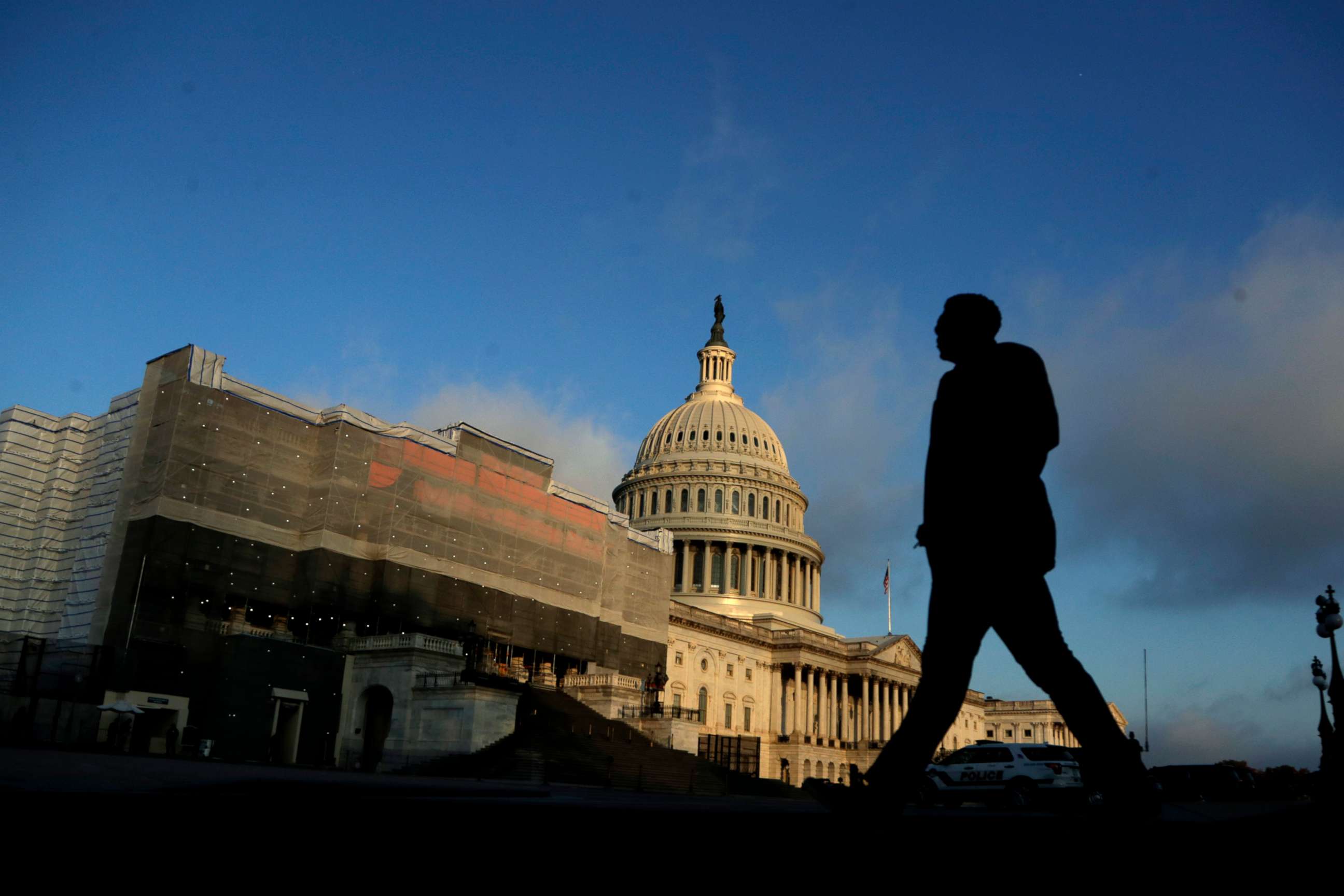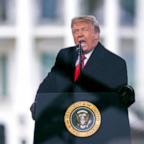'Bribery' is the talk of the Trump impeachment hearings. Here's what it meant to the founders: ANALYSIS
In this probe, America is the empire and Ukraine is the emerging nation.
The framers of the U.S. Constitution had a very specific idea in mind when they added "bribery" as a ground for impeaching a president during the 1787 Constitutional Convention in Philadelphia.
The constitutional clause -- found in Article I -- reads: "The President … shall be removed from Office on Impeachment for, and Conviction of, Treason, Bribery, or other high Crimes and Misdemeanors."
Those can be defined as crimes against the state, against the security of the state itself and they are listed in descending order of danger to the state.
Remember, America was a new and relatively weak nation in 1787. The dangers the framers were most concerned about came from outside U.S. borders -- the great powers that were competing for supremacy in Europe and the Americas: Britain, France, Spain, Holland and even Russia.
So the first crime warranting impeachment, according to the Constitution, was treason, which is defined in Article III as "levying war" against the United States or "adhering to their enemies."
But what about countries that may not be our enemies in a formal sense, but may nevertheless seek to corrupt our president?
That’s where the term "bribery," comes in.

During the convention, the specter of a specific historic example hovered over the debate about adding bribery as a ground for presidential impeachment. Gouverneur Morris, a delegate from Pennsylvania and one of the most influential designers of the American presidency as it emerged in Article II, reminded his fellow delegates of how important this clause was by saying, according to the notes James Madison took, "Charles II was bribed by Louis XIV."
The accusation was directed at a gigantic payment Louis XIV made to Charles II, around 230,000 euros per year, for him to convert to Roman Catholicism.
Morris’ point was that if the King of England -- who basically owned the entire country -- could be bribed, then for sure the plain, simple American "Chief Magistrate" could be bribed, too.
Does that original understanding apply here in the 2019 impeachment proceedings?
In this probe, America is the empire and Ukraine is the emerging nation.
Nevertheless, President Donald Trump’s actions -- in the House Democrats’ view -- amount to something Morris might have certainly recognized as corrupt: Trump requesting the personal benefit of an investigation by Ukraine into his political rival, in exchange for a White House visit and the release of nearly $400 million in desperately needed military aid.
But the bottom line is that while the modern, statutory definition of bribery under federal law dates from 1962, the framers had something far different in mind in 1787.
Their fear was of a corruption that was far deeper, far more dangerous and they added the impeachment clause as a defense to such lawlessness for future generations.




